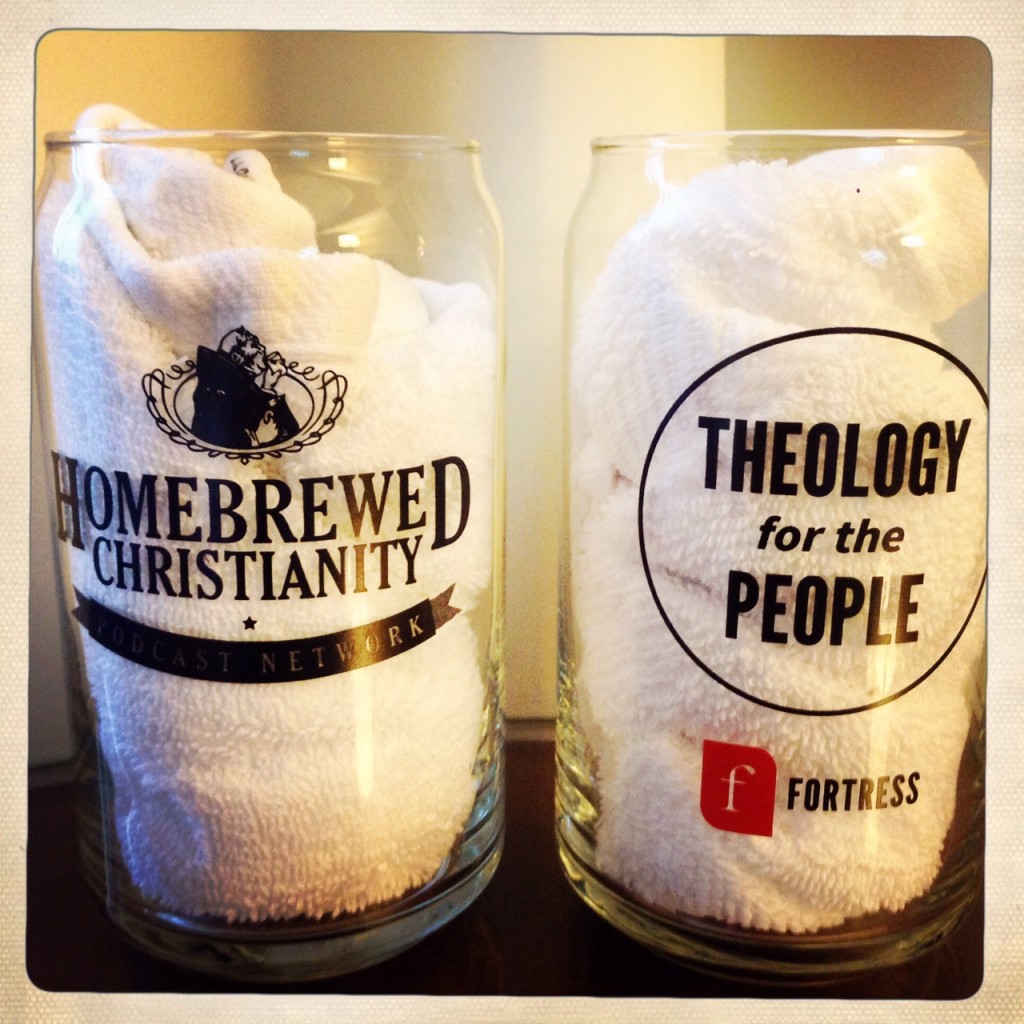I love my Kindle, which I received as a gift from a friend. Though it has its drawbacks, there’s much to love. And now I have a new reason, as an author. Circumnavigating the normal route of academic publishing, I have endeavored to self-publish my latest book (neé dissertation), The Church Is Flat. It’s gone well so far, and I’ll be blogging in the future about what I’ve learned about self-publishing.
But for now, let me trumpet one of the benefits to an author: Immediate feedback.
Readers who are using a Kindle with wireless — or who are using the free Kindle app on their computer or smartphone — can send the lines that they’ve e-highlighted to Amazon. Amazon, in turn, collates them and posts the most popular lines on the book’s page.
So, just two weeks after publication, I can already see that these are the most popular lines in my book:
“The emerging church movement is a loosely aligned conversation among Christians who seek to re-imagine the priorities, values and theology expressed by the local church as it seeks to live out its faith in postmodern society. It is an attempt to replot Christian faith on a new cultural and intellectual terrain.”
“Those critical of the emerging church movement, however, have a fatal flaw in their work, and it is a flaw shared by the several who have written in support of the movement. None has as yet investigated the ECM by asking the persons who attend these churches what draws them to their respective faith communities; none has looked closely at the practices these churches have developed, nor have they asked what sustains these congregations over time.”
“Individuals are drawn to the ECM out of frustration with conventional models of church and conservative theologies, as well as for other reasons”
“awareness that an old Christendom is being replaced by an emerging postmodern world,”
“disillusionment with how the Christian faith has been accommodated for the Baby Boomer generation,”
“attendees of ECM congregations are not the working class masses of Marxist revolutions; instead, they are actually more wealthy and better educated than most Americans.”
“this sense of frustration is more often than not what defines the movement.”
“the rise of the emerging church movement is contemporaneous with the dénouement of denominational identity as a significant indicator of identity across the American church landscape.”
“central emphasis on Jesus.”











